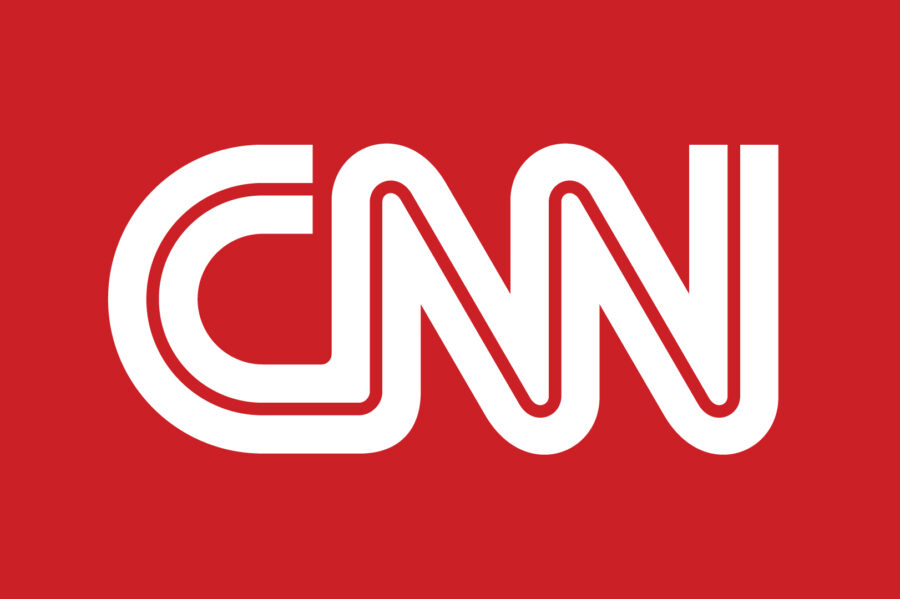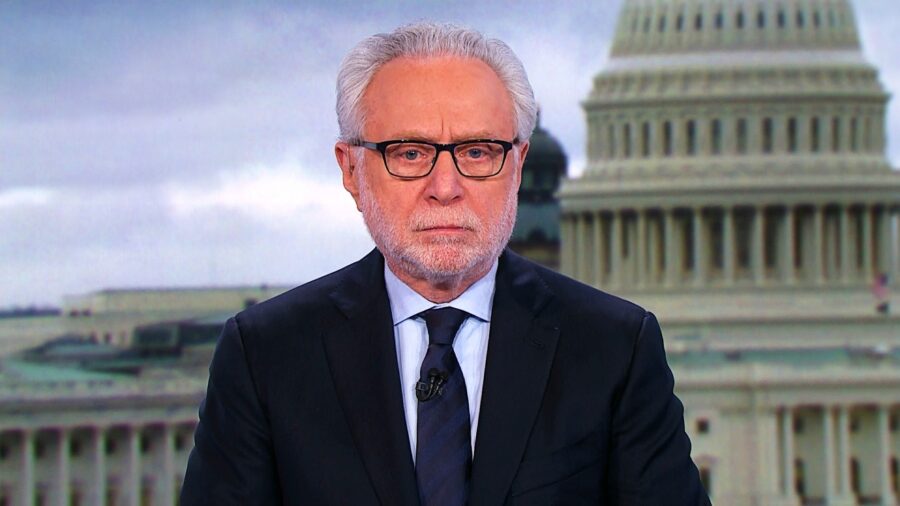Warner Bros. Discovery Is Shutting Down CNN+
The newly formed super-media company Warner Bros Discovery is shutting down CNN+, before many people had ever even heard of it.
This article is more than 2 years old

If you are not already aware of CNN+, it seems that your window for discovering the streaming arm of the Cable News Network is swiftly closing. CNN+ new parent company, Warner Bros Discovery has announced it is shutting down the subscription online service less than a month after it premiered. CNN+ will officially shut down on April 30, 2022, meaning it will have had exactly 33 days in this world before its corporate overseers closed up shop. Regardless of the merits of the CNN-branded platform, it is now doomed to be one of the briefly notable, highly publicized media ventures that flamed out and will be a footnote of the digital age. It seems more than anything, CNN+ is a casualty of the increasingly fierce competition for online subscriptions that is affecting even the mightiest of streaming content providers.
One of the major reasons CNN+ appears to be being shut down is the recent merger of WarnerMedia and Discovery, Inc to form the new media giant Warner Bros Discovery. Until recently, WarnerMedia was owned by telecommunications company AT&T; its subsidiaries included the film and television brands of Warner Bros, Home Box Office (HBO and HBO Max, if you’re nasty), Cinemax, TNT, DC Comics, New Line Cinema, and CNN (among many others). Discovery, Inc had subsidiaries as varied as TLC, the Food Network, the Oprah Winfrey Network, the Travel Channel, and its namesake channel. The merger of the two companies has essentially led to a number of redundant subsidiary properties, and that is never good for business. Additionally, Warner Bros Discovery is now headed by former Discovery, Inc CEO David Zaslav, rather than former WarnerMedia CEO Jason Kilar.

That was important for the fate of CNN+, as the streaming service was launched in the final days of negotiation before the merger between the two companies. It can be hypothesized that the final projects launched by the former head of a network are not of the highest priority to the current head. It is also worth noting that CNN+ was launched under a tremendous amount of publicity, with big media names like Chris Wallace, Wolf Blitzer, and Jake Tapper recruited to host original content for the service. While the company projected one million subscribers by the end of its first year (which now will never come), it is estimated that fewer than 10,000 subscribers are active on the platform. Reportedly CNN was prepared to invest $1 billion into its streaming service, which was immediately and rapidly pared down.
CNN+ is not a particularly highly reviewed streaming service, with commentators noting that it did not actually include access to any of the CNN channel’s programming in its subscription cost. In the ever-more crowded market of streaming services looking for paying subscribers, it appears CNN+ had a lot going against it. In an atmosphere where even the big red giant Netflix is losing subscribers (and may have finally hit its market saturation point), a niche service like CNN+ simply can’t cut it. RIP, CNN+.












